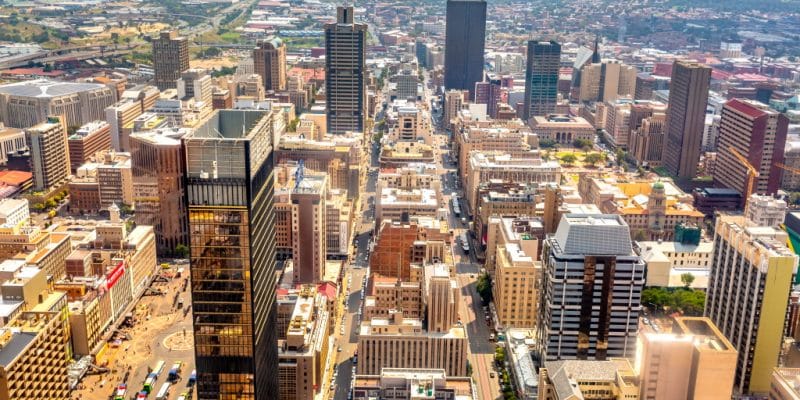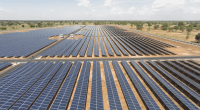In South Africa, the government of the province of Gauteng is taking measures to deal with the load shedding that is affecting the development of its economy. These include the construction of an 800 MWp solar photovoltaic plant in the coming months.
Electricity load shedding continues in South Africa, despite changes at the head of state-owned Eskom and the creation of a ministry dedicated to the energy crisis. But to keep their economies afloat, local governments are revising their energy policies and now want to become more independent of the Eskom grid. Gauteng province has just announced an investment of 1.2 billion South African rand (over $66 million) to reduce load shedding.
The provincial government plans to appoint six developers in the coming weeks to build an 800 MWp solar photovoltaic plant in the municipality of Merafong. The plant will be a first step towards solving Gauteng’s energy deficit. The province of Gauteng, with a population of over 15 million, is expected to have an electricity deficit of 4 058 MW by 2025.
Installation of rooftop solar systems
Gauteng province is expected to invest more in electricity generation in the coming years. But for the time being, the provincial government is opting to install solar panels on the roofs of public buildings such as hospitals, clinics and schools.
Read also- SOUTH AFRICA: responsAbility releases $10m to provide solar to businesses
“From 1 April 2022, the Gauteng government will also invest in solar panels on the roofs of health facilities, schools and libraries to ensure that they have energy and can provide much-needed services to our communities,” the local government announced.
Faced with the energy crisis that is crippling the South African economy, many other provinces and municipalities have also decided to generate their own electricity. The city of Cape Town, for example, has decided to launch a call for tenders in February 2022 to purchase its electricity directly from independent power producers (IPPs). The aim is to gain autonomy from the Eskom network, which is fed by old thermal power stations that are partly responsible for the current situation.
Jean Marie Takouleu






